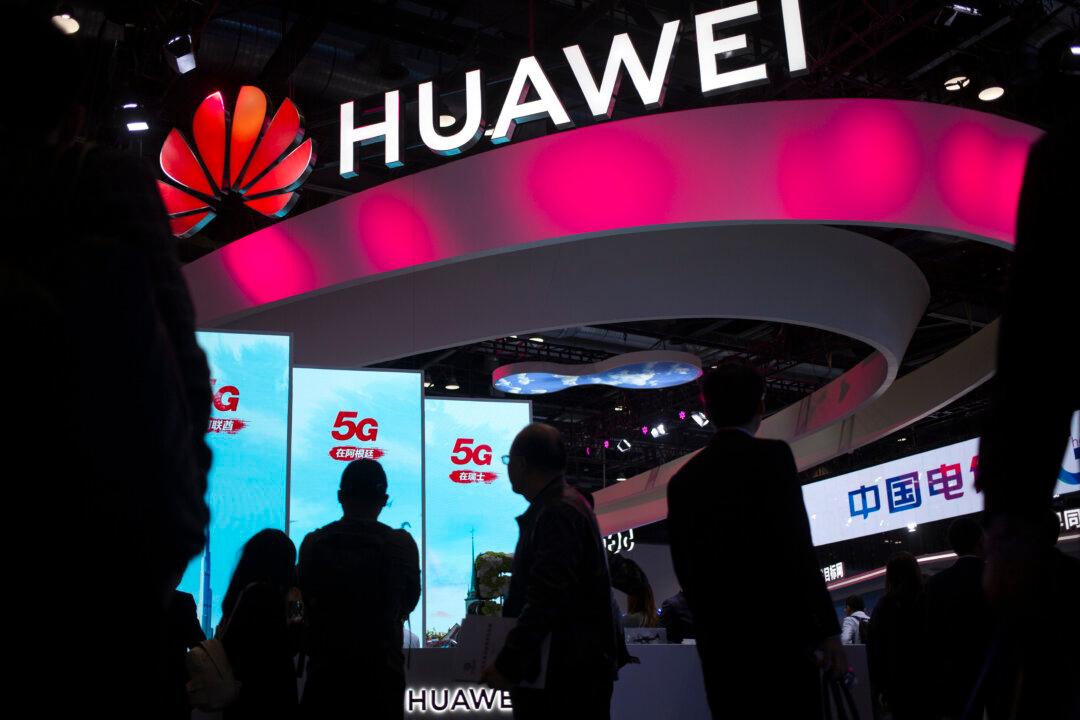Commentary
China’s Huawei telecommunications company has been accused of spying on important Pakistani national security information through a “Safe Cities” anti-crime project in Lahore, Pakistan, according to new allegations.

China’s Huawei telecommunications company has been accused of spying on important Pakistani national security information through a “Safe Cities” anti-crime project in Lahore, Pakistan, according to new allegations.